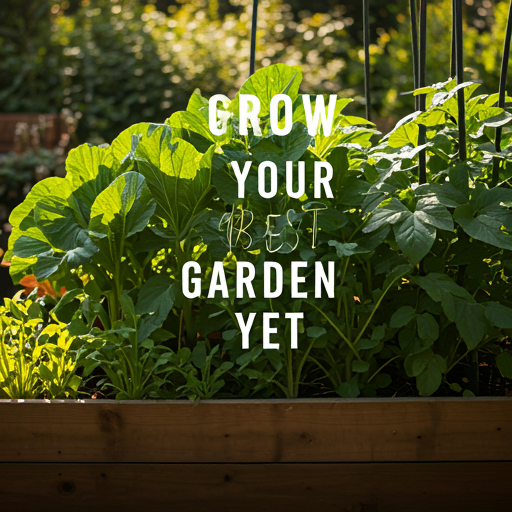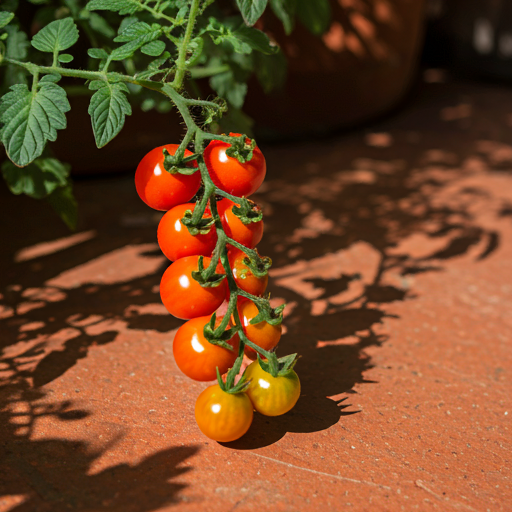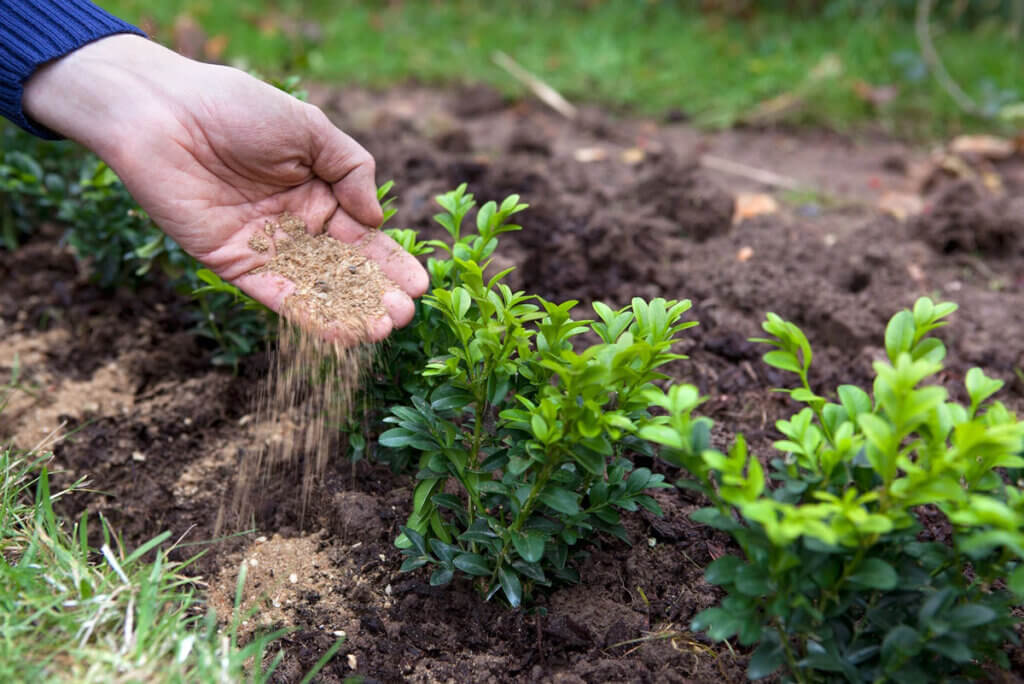Discover the Beauty of Perennials of Michigan: A Gardener’s Guide
Embrace the Splendor of Michigan Perennials
Michigan’s diverse climate and rich soil offer a fantastic environment for cultivating a wide array of perennial plants. Perennials are the backbone of a thriving garden, providing beauty year after year with minimal replanting. If you’re a Michigan gardener or planning to create a garden in the Great Lakes State, understanding which perennials thrive in Michigan’s unique conditions can help you create a stunning and sustainable garden. This guide will explore the best perennials for Michigan gardens, their benefits, and how to incorporate them into your landscape.
Why Choose Perennials for Your Michigan Garden?
1. Longevity and Low Maintenance
Perennials are plants that live for more than two years, often thriving for many years. Unlike annuals, which need to be replanted each year, perennials return season after season. This makes them a low-maintenance choice for gardeners who prefer lasting beauty without the need for constant replanting.
2. Seasonal Interest
Michigan’s changing seasons provide a rich tapestry for perennial plants. With the right selection, you can ensure your garden is vibrant throughout the growing season. From early spring blooms to late summer displays and fall color, perennials offer a continuous show of color and texture.
3. Eco-Friendly and Sustainable
Perennials are generally well-adapted to local conditions, which means they often require less water and fertilizer compared to non-native plants. By choosing native or well-adapted perennials, you can create a more sustainable garden that supports local wildlife and reduces the need for chemical inputs.
Top Perennials for Michigan Gardens
4. Coneflower (Echinacea purpurea)
Coneflowers are a staple in Michigan gardens. Their daisy-like blooms come in shades of pink, purple, and white and attract pollinators like bees and butterflies. Coneflowers are drought-tolerant and thrive in a range of soil types, making them an excellent choice for many garden settings.
5. Black-eyed Susan (Rudbeckia hirta)
Black-eyed Susans are known for their cheerful, golden-yellow blooms and dark centers. These hardy perennials are ideal for Michigan’s climate, as they handle a variety of soil conditions and offer long-lasting color from summer into fall.
6. Daylily (Hemerocallis)
Daylilies are incredibly versatile and come in a range of colors and forms. They are low-maintenance and resilient, adapting well to Michigan’s variable weather. Daylilies bloom profusely in mid to late summer, providing a burst of color that complements other garden plants.
7. Shasta Daisy (Leucanthemum × superbum)
Shasta Daisies are classic garden perennials with their bright white petals and sunny yellow centers. They are well-suited to Michigan’s growing conditions and provide a long bloom period from late spring to early fall.
8. Astilbe (Astilbe × arendsii)
Astilbes are perfect for adding texture and color to shaded or partially shaded areas. Their feathery, plume-like flowers come in shades of pink, red, white, and purple. Astilbes thrive in moist, well-drained soil, making them ideal for woodland gardens or damp spots.
9. Hostas (Hosta spp.)
Hostas are renowned for their lush foliage and adaptability. While their blooms are not as showy, their varied leaf shapes and colors—from deep green to blue-gray—create a lush, elegant backdrop in shaded or partially shaded gardens.
10. Bleeding Heart (Dicentra spectabilis)
Bleeding Hearts are cherished for their unique, heart-shaped flowers that dangle from arching stems. These perennials thrive in shaded areas and add a touch of romance and whimsy to garden beds.
Tips for Growing Perennials in Michigan
11. Choose the Right Varieties
Select perennials that are well-suited to Michigan’s climate. Consider factors such as hardiness zones, soil type, and light conditions. Michigan’s USDA Hardiness Zones range from 3b to 6a, so choose plants that can thrive in these zones.
12. Prepare Your Soil
Good soil preparation is key to healthy perennials. Ensure your soil is well-drained and rich in organic matter. Adding compost or well-rotted manure can improve soil structure and fertility, providing a solid foundation for your plants.
13. Planting and Spacing
Plant perennials at the appropriate depth and space them according to their mature size. Proper spacing ensures good air circulation and prevents overcrowding, which can lead to disease issues.
14. Watering and Fertilizing
While perennials are generally low-maintenance, they do need regular watering, especially during dry periods. Apply a balanced fertilizer in the spring to promote vigorous growth and blooming.
15. Mulching and Maintenance
Mulching helps retain soil moisture and suppress weeds. Apply a layer of mulch around your perennials to keep the soil temperature consistent and reduce competition from weeds. Regular deadheading and cutting back spent foliage will encourage new growth and maintain the plant’s appearance.
Conclusion: Cultivate a Vibrant Garden with Michigan Perennials
Incorporating perennials into your Michigan garden offers enduring beauty and a sustainable gardening experience. By choosing the right perennials and providing them with proper care, you can create a garden that thrives through Michigan’s changing seasons. From the vibrant blooms of Coneflowers and Black-eyed Susans to the elegant foliage of Hostas and Astilbes, there is a wide range of perennials that can enhance your garden’s aesthetic and ecological value.
Start planning your perennial garden today and enjoy the lasting beauty and benefits of these fantastic plants. Happy gardening!






